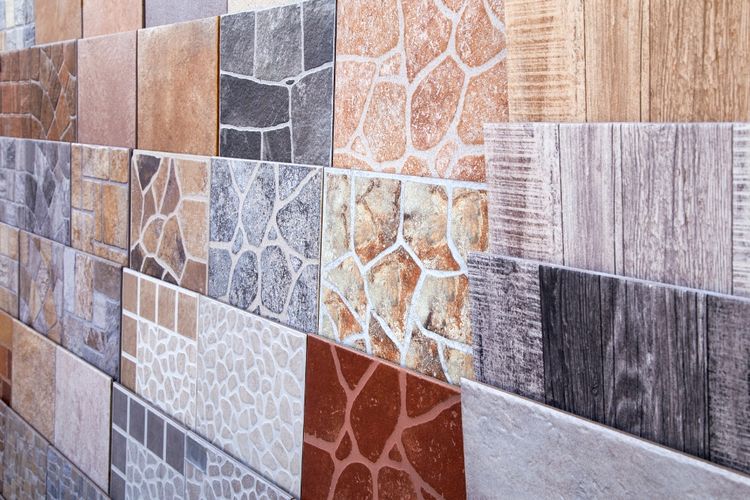A Complete Guide to 3D Wall Panels: Types, Materials, and Selection Tips
Three-dimensional wall panels have revolutionized interior design by offering an innovative way to add depth, texture, and visual interest to any space. These architectural elements transform flat surfaces into stunning focal points while providing practical benefits like sound absorption and thermal insulation. Whether you're renovating a home or designing a commercial space, understanding 3D wall panels can help you make informed decisions about their application.

What to Know About 3D Wall Panels and Their Common Uses
3D wall panels serve both decorative and functional purposes in various settings. They’re commonly used in:
-
Residential spaces like living rooms and bedrooms
-
Commercial environments such as offices and hotels
-
Entertainment venues for acoustic enhancement
-
Retail spaces to create eye-catching displays
These versatile panels can be installed as accent walls, full room coverage, or decorative inserts, depending on the desired effect and space requirements.
Materials Commonly Used in 3D Wall Panel Designs
The material selection for 3D wall panels significantly impacts their durability, cost, and appearance:
-
PVC (Polyvinyl Chloride): Lightweight, water-resistant, and budget-friendly
-
MDF (Medium-Density Fiberboard): Ideal for painted finishes and detailed patterns
-
Bamboo: Sustainable option with natural appeal
-
Gypsum: Fire-resistant and excellent for acoustic properties
-
Natural Stone: Premium choice for authentic texture and longevity
How 3D Wall Panels Enhance Interior Texture and Depth
These panels create visual interest through:
-
Geometric patterns that play with light and shadow
-
Organic designs that mimic natural elements
-
Layered effects that add dimensional complexity
-
Textural variations that invite touch and interaction
The right panel design can make small spaces appear larger or add warmth to minimalist interiors through strategic placement and lighting.
Tips for Choosing 3D Wall Panels Based on Room Style
Consider these factors when selecting panels:
-
Room function and traffic patterns
-
Existing décor and architectural style
-
Natural and artificial lighting conditions
-
Maintenance requirements
-
Installation surface compatibility
Cost Considerations and Material Comparison
| Material Type | Price Range (per sq ft) | Durability Rating |
|---|---|---|
| PVC Panels | $3-8 | Medium |
| MDF Panels | $5-15 | High |
| Bamboo Panels | $8-20 | Very High |
| Gypsum Panels | $4-12 | Medium-High |
| Stone Panels | $15-40 | Excellent |
Prices, rates, or cost estimates mentioned in this article are based on the latest available information but may change over time. Independent research is advised before making financial decisions.
The investment in 3D wall panels varies significantly based on material choice, installation complexity, and coverage area. While PVC offers cost-effective solutions for modern aesthetics, natural materials like stone provide premium durability and timeless appeal. Installation costs typically range from $2-8 per square foot, depending on the complexity and local labor rates.
Three-dimensional wall panels represent a versatile design solution that can dramatically transform any space. By carefully considering material options, design patterns, and installation requirements, you can select panels that perfectly balance aesthetics, functionality, and budget constraints while creating lasting visual impact in your interior spaces.




